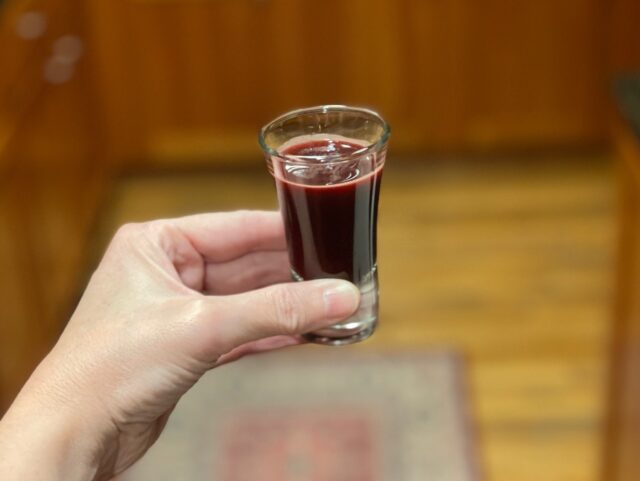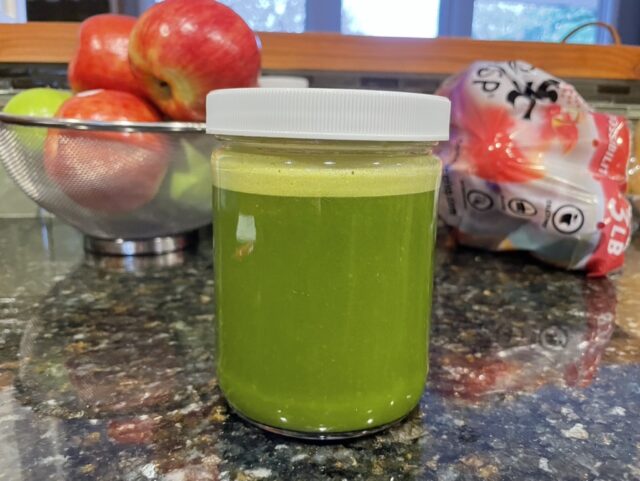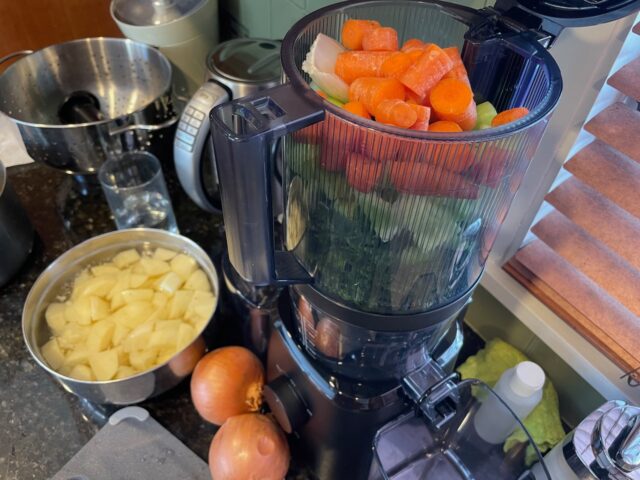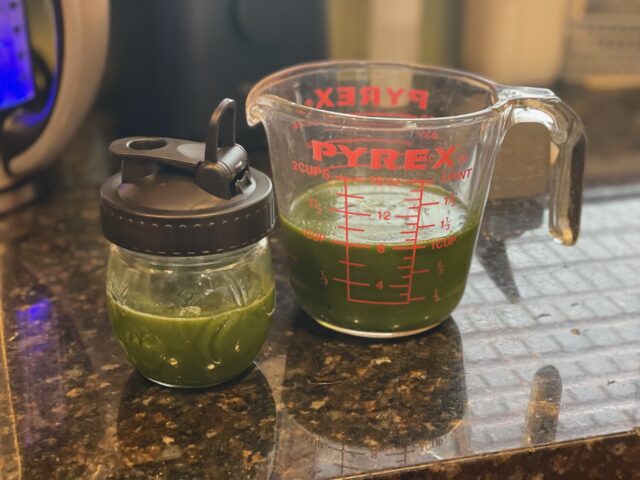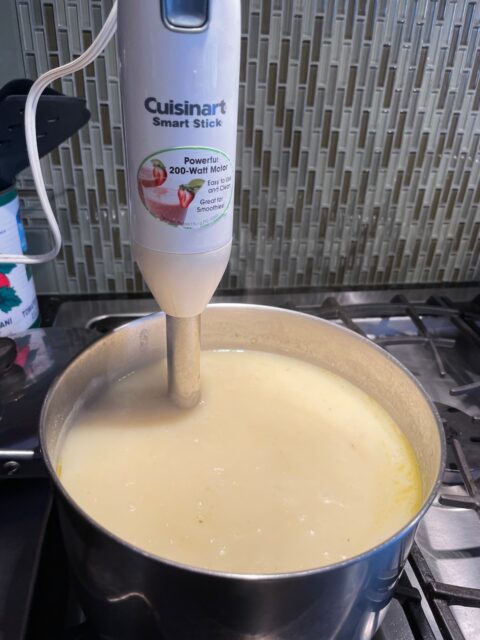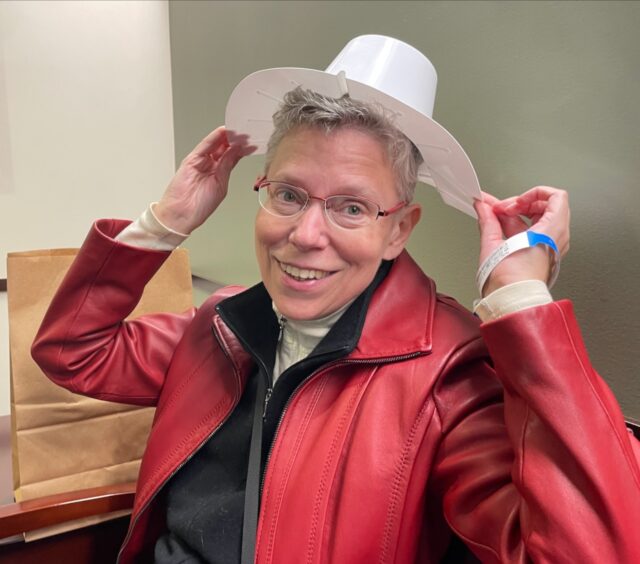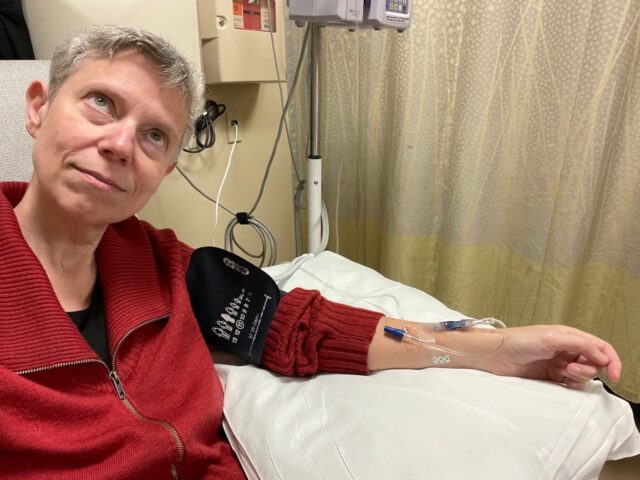Sometimes I miss food.
By food I mean Indian food, Thai food, Mexican food, salsa fresca, salads, pizza, pasta, and my homemade bread and soups: tomato, lentil-kale, vegetarian chili. Tortilla chips, potatoes with skins on, sesame seeds, nuts, herbs, and Numb Oil Tofu from Golden Harbour.
I miss eating with others. This genuinely lovely article by Brandon Showalter felt like a knife in my heart:
“Why have I been doing this, you ask? And how do I do it in light of such deep and profound differences among us? It’s actually not that complicated. As my past and present housemates can attest, I’m an unabashed foodie, I have a knack for hospitality, and extending it is an expression of normal life. I may as well give away what I love. And who doesn’t love to eat?”
I love to eat, I just can’t.
A month and a half ago I drastically restricted my diet. Fiber was out; fish was in. That was harder than it sounds, because as a vegetarian (and occasional vegan) since age 17, I prided myself on nutritious, whole-foods, hippie-style cooking. I would eat seafood a few times a year, but only away from home; I did not store or prepare it in my own kitchen. Same with eggs: an occasional restaurant treat, not on my shopping list or in my fridge. With my Crohn’s diagnosis I surrendered my dietary ideals, overcame my squeamishness, rose above my principles, and started making seared Ahi tuna steaks and scrambled eggs. I now consume about 3 times more lactose-free milk than I used to, and zero beans and lentils. The exquisite batch of vegetarian chili I made in November languishes in my freezer. I should give it away already but that would be yet another admission of defeat.
Friends pity me now, which I enjoy. But the fact is, many years before I developed Crohn’s, I would sometimes I lose my appetite for weeks at a time. Occasionally I have eschewed eating due to utter boredom and frustration. Even without any dietary restrictions (except my refusal to eat birds and mammals, which would have put me at a disadvantage at Brandon’s house anyway) food has, over the years, lost its brilliance. I have longed to recapture the thrill of my early 20’s, when the world was full of new flavors and cuisines, and every California burrito was a revelation. Age has dulled my tastebuds, but more than that, experience: I have tasted damn near everything already, many times. A memory of food usually exceeds the real thing, so eating is often tinged with disappointment: that tom kha phak is good, but not as good as that place in San Francisco in the 90’s…
A capacity for enjoying food is a blessing and shouldn’t be taken for granted.
On the brighter side, Crohn’s forced me to discover juicing. After several weeks without a salad I despaired of ever eating anything fresh again. Then I learned that a quality juicer would remove the insoluble fiber from just about any produce item. Some other Crohn’s patients wrote about doing well with fresh juices, so I ordered an entry-level masticating juicer off Amazon (since upgraded), bought a fridge’s worth of fruits and vegetables, and set off on my first culinary adventure in decades. Not only was I getting quality nutrients that didn’t make me crap my pants, I was also discovering new flavors and reawakening an interest in food — or more accurately, drink.
I can’t go out to eat these days, so I try to lure friends to my house for juice. We can’t break bread, but we can sip pineapple-ginger.
Woman does not live by juice alone (unless she’s on a “juice fast” but I’ve lost enough weight already thank you) so I continue to ingest white rice and peeled potatoes and fish and cheddar cheese (not at the same time! that would be gross) which isn’t really that bad. A person can get used to anything, and after a month-and-a-half this is just how I eat now. It’s pretty boring, but then so was almost everything, before.
I am missing much….
But really, I’m not missing much.

